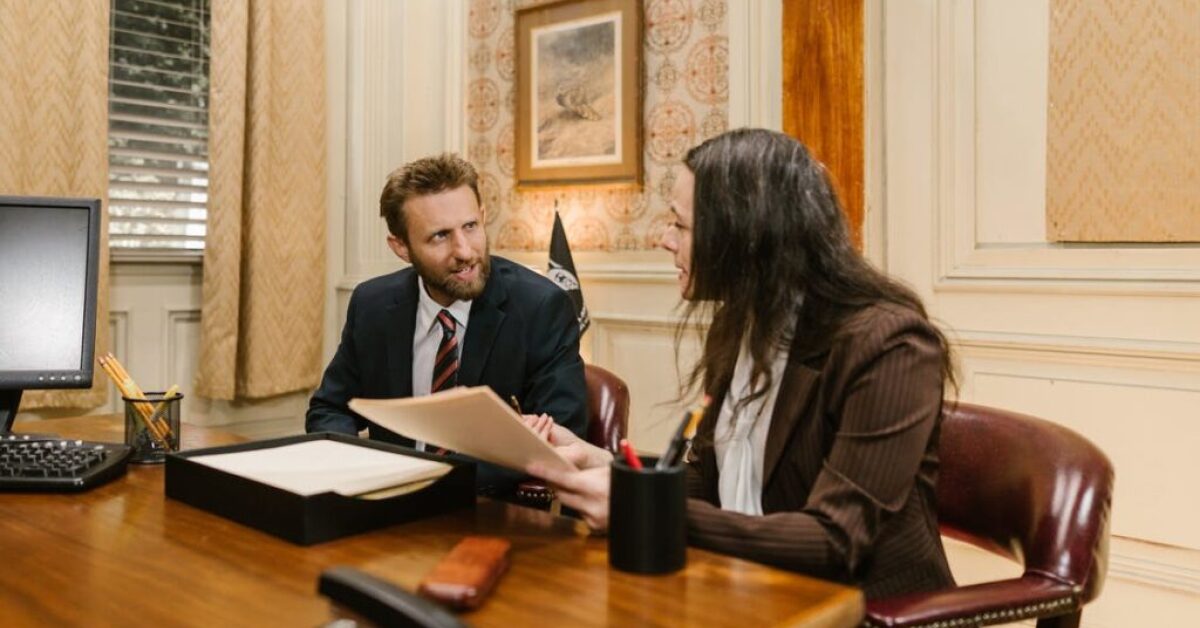The Dangers of DIY Divorces in England and Wales

The Dangers of DIY Divorces in England and Wales
Since the introduction of no-fault divorce law on 6th April 2022, getting a divorce in England and Wales has become much simpler. Many couples are now opting for DIY divorces, thinking they can navigate the process without legal assistance. While the streamlined process is beneficial in many ways, it also comes with significant risks. Without understanding the legal nuances, couples may make costly mistakes that could have long-lasting financial and legal consequences.
Misunderstanding Financial Settlements in Divorce
One of the most common misconceptions in DIY divorces is the belief that a Final Order (previously known as the Decree Absolute) automatically prevents an ex-spouse from making financial claims in the future. This is false. The Final Order only dissolves the marriage, but it does not sever financial ties between the parties.
The only way to achieve a legally binding "clean break" is through a Consent Order, which is a separate document that needs to be signed by both parties and submitted to the court (or a Financial Order made after a Final Hearing). A Consent Order formalises any financial agreement and ensures that no further financial claims can be made. Without it, an ex-spouse can still make a financial claim against you months or even years after the divorce is finalised, which could lead to stressful and costly legal battles.
Risks of Future Financial Claims
A DIY divorce without a Consent Order leaves you vulnerable to future financial claims. For example, if your financial situation improves significantly after the divorce – through inheritance, a lottery win, or increased earnings – your ex-spouse may be entitled to a portion of these assets. This risk makes it essential to address all financial matters during the divorce, ensuring there are no loose ends that could be exploited later on.
Overlooking Important Assets Like Pensions and Businesses
One of the most dangerous aspects of a DIY divorce is the risk of overlooking key assets. Many DIY divorcees focus solely on dividing property and fail to consider other significant assets, such as pensions or business interests. Pension assets, in particular, can be among the most valuable in a marriage, and failing to account for them could result in a substantial financial loss for one party.
Business assets can also be overlooked, especially if they are intertwined with personal finances. A proper evaluation and division of these assets require expert knowledge, which DIY divorces often lack.
Signing a Consent Order Without Legal Advice
In some cases, couples may be aware of the need for a Consent Order, but they make the mistake of signing it without taking legal advice. This can lead to a binding agreement that excludes valuable assets or income that cannot be revisited later. A Consent Order should reflect a fair and thorough division of all marital assets, which requires professional legal oversight to ensure no assets are inadvertently left out.
Timing and the Final Order
Another crucial aspect often overlooked in DIY divorces is timing. For example, a divorce lawyer may advise against applying for a Final Order until financial matters have been fully resolved and the Consent Order has been approved by the court. Failing to follow this recommendation can lead to complications if one party remarries (or dies) or changes their financial status before the divorce is legally finalised. In some cases, remarrying before dealing with financial matters can prevent a party from making certain financial claims, causing significant financial disadvantages.
Every Case is Unique – Why One Size Does Not Fit All
One of the most significant dangers of DIY divorces is the assumption that advice found online can be applied universally to all cases. Every divorce case is unique, and the specific facts of each situation must be carefully considered. Online resources can be helpful for general guidance, but they cannot provide a solution for every scenario. This is why it is always advisable to seek legal advice, even if it’s just for a one-off consultation to ensure you’re on the right path.
The Importance of Legal Advice in a Divorce
While a DIY divorce may seem like the cheapest option, it often leads to mistakes that can have serious long-term consequences. Understanding the law, managing finances, and ensuring that all assets are properly addressed can be overwhelming without the help of a professional. By seeking legal advice early on, you can avoid pitfalls that could leave you financially vulnerable or lead to regrettable decisions.
Conclusion
While DIY divorces may save money upfront, they carry significant risks. Misunderstanding financial settlements, overlooking key assets, and failing to properly time legal steps can result in costly mistakes that may not be reversible. Consulting with a family law specialist is always advisable, even if it's for a single consultation, to ensure that your divorce is handled properly and your financial rights are protected.
At Parachute Law, we offer expert legal advice tailored to your unique circumstances. Whether you’re considering a DIY divorce or need help with complex financial settlements, our experienced family law team can guide you through the process and ensure your long-term financial security. Contact us today for a consultation to safeguard your future.
Contact Us
At Parachute Law, we provide comprehensive guidance and support throughout the divorce process.
Our experienced family law team is dedicated to ensuring your financial interests are well-protected.
Contact us today to schedule a consultation and get tailored advice on your specific circumstances.


